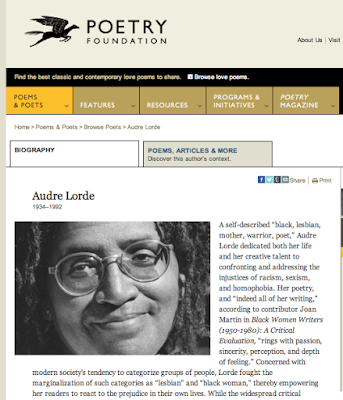Fred discusses how in that picture book, "the pictures tell a completely different story than the words," and then breaks down - with some very specific advice - how authors can help illustrators achieve this.
In particular, the exercises Fred suggests are well worth it, guiding us with insights like:
Describe the emotional impact of the scene instead of the physical one. (i.e. – instead of “Quinn threw his stuffed dog toy against the wall.” Try “Quinn was mad, and he wanted everyone to know it..”)Give it a try with your picture book manuscripts!
Illustrate and Write On,
Lee
Thanks to Claudia Harrington for the heads-up on this one!
















